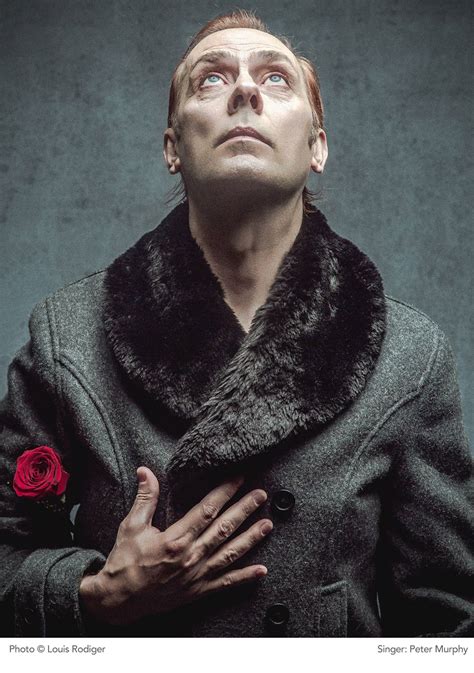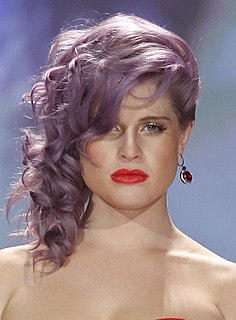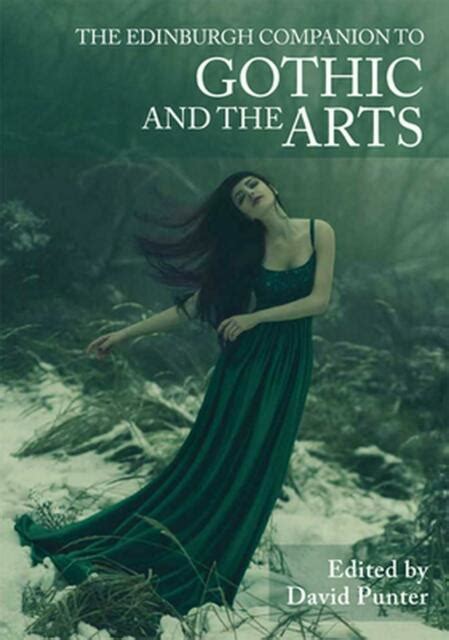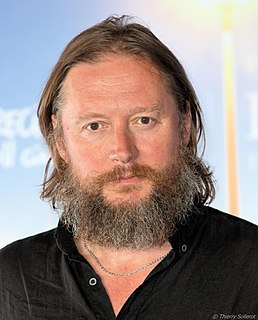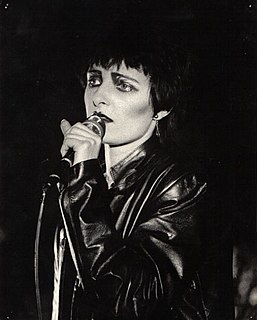A Quote by Jennifer Egan
With 'The Keep,' I began with a theory about pitting the isolated disconnection of the gothic realm against present-day hyperconnectedness. I emerged feeling that the gothic genre is all about hyperconnectedness - the possibility of disembodied communication - and that we now live in a kind of permanently gothic state.
Related Quotes
Mention the gothic, and many readers will probably picture gloomy castles and an assortment of sinister Victoriana. However, the truth is that the gothic genre has continued to flourish and evolve since the days of Bram Stoker, producing some of its most interesting and accomplished examples in the 20th century - in literature, film and beyond.
The gothic is singular in this; one seems easily at home in the renaissance; one is not too strange in the Byzantine; as for the Roman, it is ourselves; and we could walk blindfolded through every chink and cranny of the Greek mind; all these styles seem modern when we come close to them; but the gothic gets away.
Even at the beginning when I arrived at Givenchy, there were certainly people who supported me, but not everyone loved me. They were saying, "Why an Italian who acts Gothic?" Never mind the fact that Italy is one of the main exhibitors of Gothic art in the world. But it was like, "No, Italians should only do sexy!"
If you look at Gothic detailing right down to the bottom of a column or the capital of a column, it's a small version of the whole building; that's why, like dating the backbones of a dinosaur, a good historian can look at a detail of a Gothic building and tell you exactly what the rest of the building was, and infer the whole from the parts.

